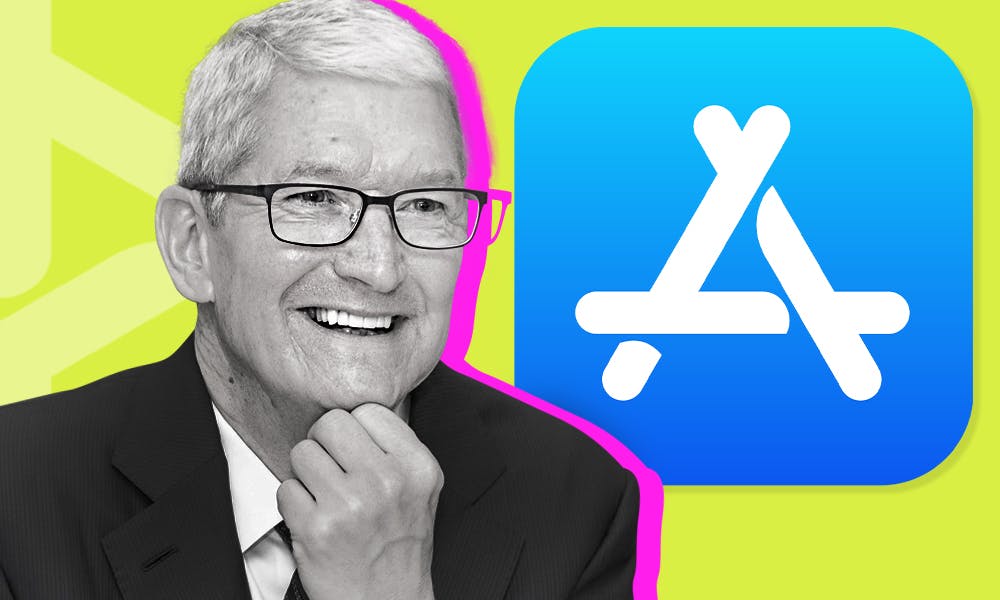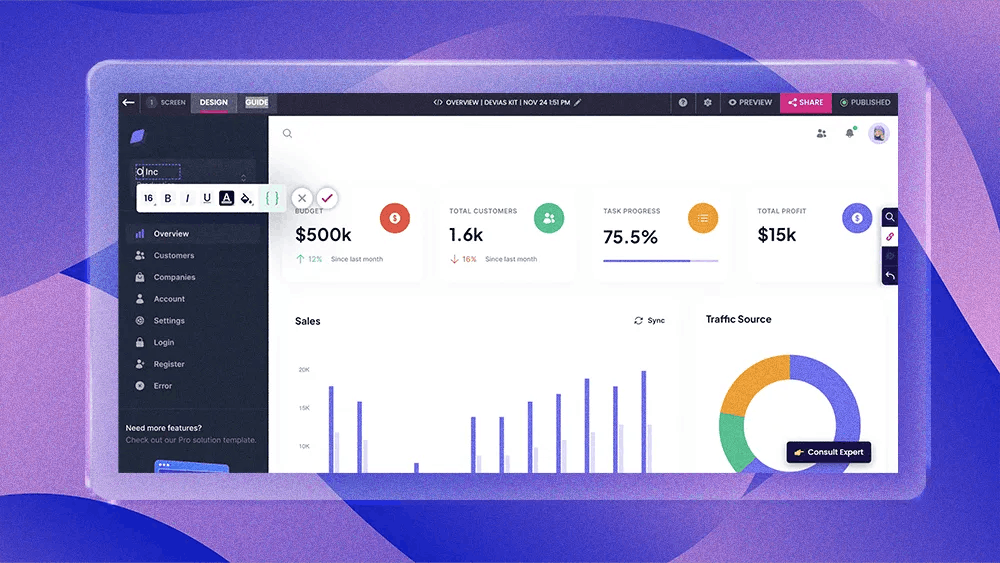Epic Games CEO Tim Sweeney called Apple and Google “gangster-style” businesses at a recent Y Combinator event, saying they illegally stifle competition in their app stores.
Cost of doing business: Sweeney accused the tech giants of treating fines like a cost of doing business if it’s cheaper than complying with regulations. The remarks escalate Epic’s long-running critique of dominant platforms that “scare away” users from alternate stores with pop-up warnings.
All about reach: Since Apple and Google control massive chunks of the mobile ecosystem, they directly impact Epic’s ability to reach players via Fortnite and the Unreal Engine. Developers chafe at the 30% commission on in-app revenue, and Sweeney says pop-ups and other tactics slash install rates on non-official stores. Despite legal pressure, Apple and Google have allegedly continued tactics Epic views as monopolistic, including what Sweeney describes as “malicious compliance” with court orders.
The lawsuits: Epic sued both companies, winning its case against Google, but losing on most claims against Apple. Apple was only required to allow links to third-party payment systems, though Epic says Apple’s new “core technology fee” is just another way to maintain high commissions. In Europe, regulations permit alternate app stores, yet Epic claims Apple still displays a “scare screen” that cuts iOS installations by half, calling it “textbook self-preferencing.”
Sweeney warned these practices damage both developers and consumers by inflating prices and blocking alternative payment methods. He argues this “forced revenue sharing” could upend the distribution and monetization of apps if courts or regulators side with Epic. Conversely, if Epic’s challenges fail, it risks being shut out of millions of potential gamers and partners.
Epic to keep fighting: Despite ongoing lawsuits, Epic plans to open its store to more developers on Android and iOS later this year. Regulators in Europe are increasingly scrutinizing Big Tech’s behavior, and new rulings may force changes to warnings or fees. Sweeney’s “gangster-style” charge signals Epic’s commitment to keep fighting, highlighting a clash that could reshape how apps reach consumers worldwide.



